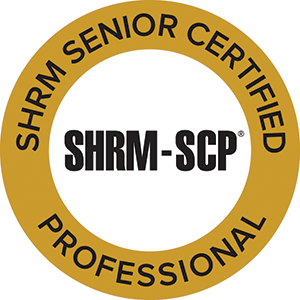 The California Legislature has amended the new paid sick leave law, which went into full effect July 1, 2015, to change some of the rules and clarify others. Here’s an overview of the amendments (AB 304) which were effective July 13, 2015:
The California Legislature has amended the new paid sick leave law, which went into full effect July 1, 2015, to change some of the rules and clarify others. Here’s an overview of the amendments (AB 304) which were effective July 13, 2015:
Pay rate for sick leave. Under the original law, employers had to use a special formula to determine the sick leave pay rate for employees whose rate was different during the previous 90 days, or were paid commission, or by piece rate. The amended law deletes this calculation, and defines rate requirements based on exempt/nonexempt status. For non-exempt employees, sick leave is paid at either: (a) the employee’s regular rate of pay during the workweek in which the employee uses sick leave or (b) an hourly rate equivalent to the employee’s total wages (excluding overtime pay) during full pay periods in the previous 90 days divided by the number of hours worked. For exempt employees, sick leave pay is calculated the same way as vacation or paid time off (PTO) is calculated.
Sick Leave accrual. The amended law allows employers to grant sick leave using either an accrual or lump-sum method, as long as the method provides for regular accrual, and no less than 24 hours of sick leave by the employee’s 120th day of employment.
“Grandfather clause.” Under this provision, employers can maintain certain sick leave or PTO policies that existed prior to January 1, 2015, if they meet the following requirements: 1) in effect prior to January 1, 2015; 2) permit accrual of sick leave or PTO on a regular basis; and 3) provide for accrual of at least 8 hours of sick leave within the first 3 months of employment each calendar year, and 24 hours of sick leave within the first 9 months of employment.
30-day eligibility rule. The amended law clarifies that employees must complete 30 days of work in California with the same employer within a year of employment start date to be eligible for paid sick leave.
“Unlimited” sick leave. Employers are required to notify employees in writing of the amount of sick leave available to them. If an employer allows unlimited sick leave or PTO, they can meet the requirement by indicating “unlimited” on the written notice or paystub.
Usage cap definition change. Originally, the law stated that employers could limit an employee’s sick leave usage to 24 hours per year of employment. The amended law clarifies that this cap can be applied on a year of employment, calendar year, or 12-month period.
Sick leave reinstatement. The original law required employers to reinstate unused sick leave (PTO) for employees rehired within a year of leaving their employment. According to the amended law, employers are not required to reinstate balances if the PTO was paid out at termination.
It’s always a good idea to check with legal counsel if you have any questions about how the amended law affects your particular organization. And don’t forget, San Francisco and Oakland have their own sick leave laws. Be sure you are also in compliance with local ordinances.


